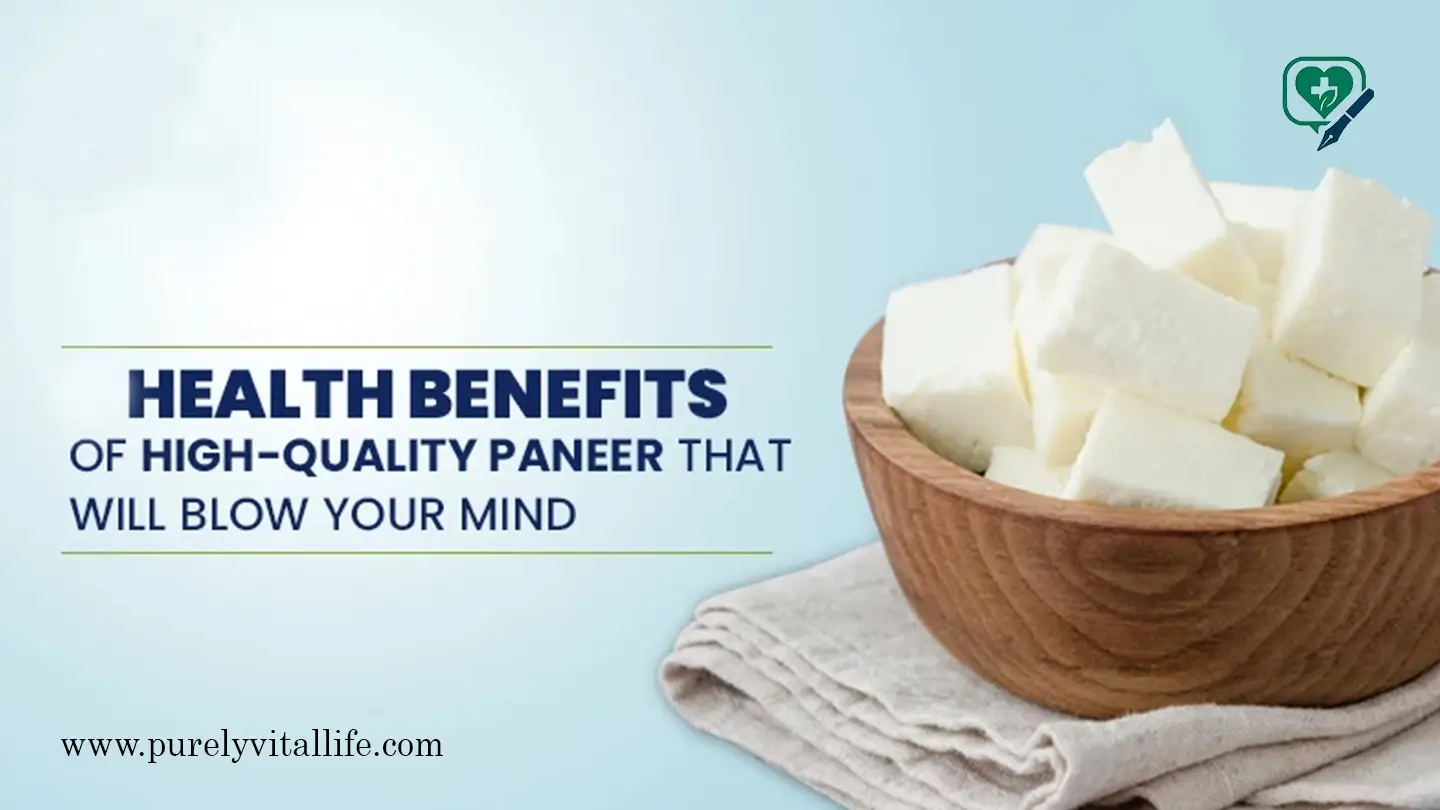
Introduction to Paneer Nutrition Facts:
Paneer, often referred to as Indian cottage cheese, is more than just delicious dairy product – it’s also an impressive source of nutrition! Paneer stands out as an ideal source of both protein and plant-based calorie consumption for vegetarians alike. In this Purely Vital Life article we’ll go into more depth with its nutrition facts, health benefits and reasons why paneer should become part of your daily diet – whether fitness is part of your lifestyle, vegetarian living is key or you simply value wholesome food, knowing what paneer nutrition facts can help make smarter and healthier decisions!
Paneer: A Quick Overview:
Paneer is a fresh cheese popularly used in Indian, Middle Eastern, and Southeast Asian cuisine. It is produced by curdling milk with food acids such as lemon juice or vinegar to produce curds that can then be compressed into blocks to form paneer.
Paneer cheese stands apart from its dairy counterparts by being non-aged and non-melting, making it the ideal ingredient to be used in dishes like palak paneer, paneer tikka and mattar paneer. Due to its mild taste and versatility, paneer has become a mainstay in vegetarian diets.
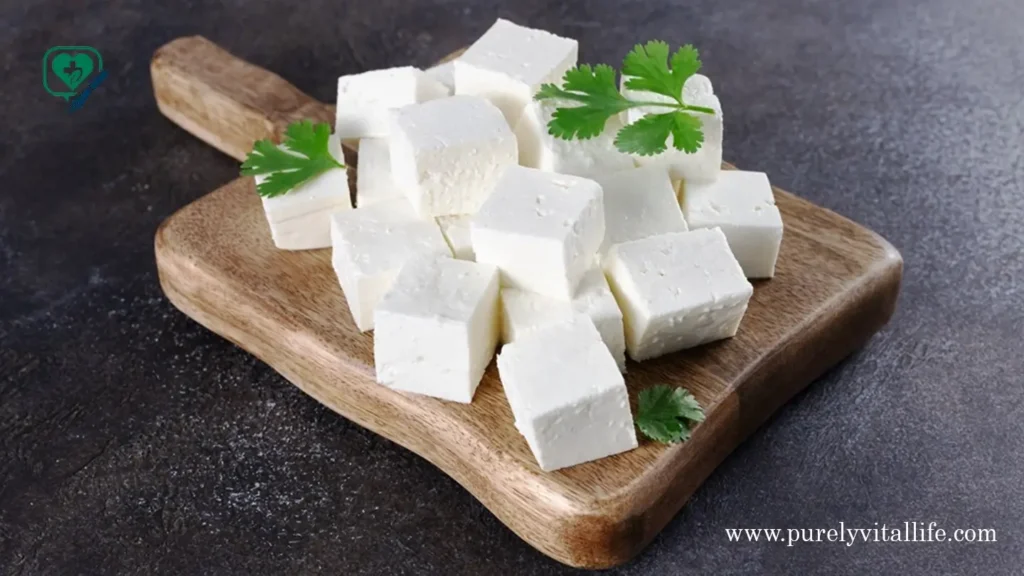
Paneer Nutrition Facts Per 100 Gram:
Understanding Paneer Nutrition Facts Per 100 Grams mes Begin exploring paneer nutrition facts by breaking it down to its core. Here is an example of 100 grams of paneer’s typical nutritional profile:
| Nutrient Amount | Amount |
| Calories | 265 Kcal |
| Protein | 18.3g |
| Fat | 20.8g |
| Carbohydrates | 1.2 g |
| Calcium | 208 mg |
| Phosphorus | 138 mg |
| Vitamin A | 210 µg |
| Iron | 0.5 mg |
These values may fluctuate slightly based on your chosen method of preparation and fat content of milk used.
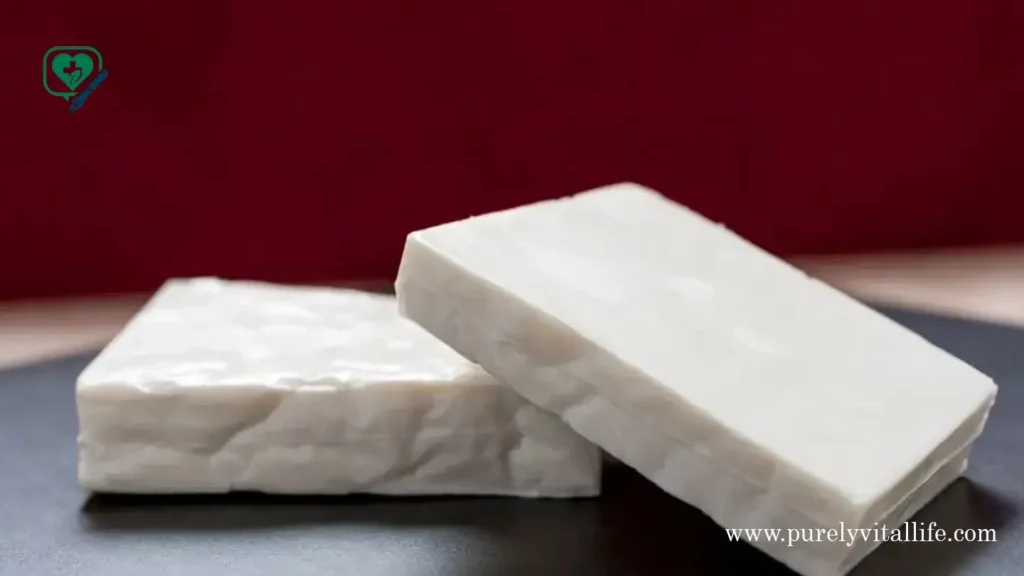
Why Is Paneer a Nutritious Choice?
Rich Source of Protein:
One of the hallmarks of paneer nutrition facts is its rich protein content, offering approximately 18 grams per 100 grams, offering vegetarians who lack access to meat-based proteins an essential protein boost.
High in Calcium for Strong Bones:
Packed With Calcium for Strong Bones Calcium is essential to both bone and dental health, and paneer provides ample amounts of it. Regular consumption may help support bone density while helping prevent osteoporosis conditions like Osteoporosis.
Low in Carbohydrates:
Paneer is an ideal food choice for individuals on low-carb or ketogenic diets looking to stabilize blood sugar levels by keeping carbs levels in check.
Compare Paneer Nutritional Facts to Common Protein Sources:
Let’s explore paneer nutrition facts compared to some commonly consumed protein sources:
| Food | Protein (Per 100g) | Fat | Calories |
| Paneer | 18.3 g | 20.8 g | 265 Kcal |
| Tofu | 8 g | 4.8 g | 76 Kcal |
| Chicken Breast | 31 g | 3.6 g | 165 Kcal |
| Eggs | 13 g | 11 g | 155 Kcal |
Paneer is higher in fat content than chicken or tofu, yet more satisfying to the palate thanks to its unique taste and rich texture. As such, it makes an ideal option for vegetarians seeking variety among their protein sources.
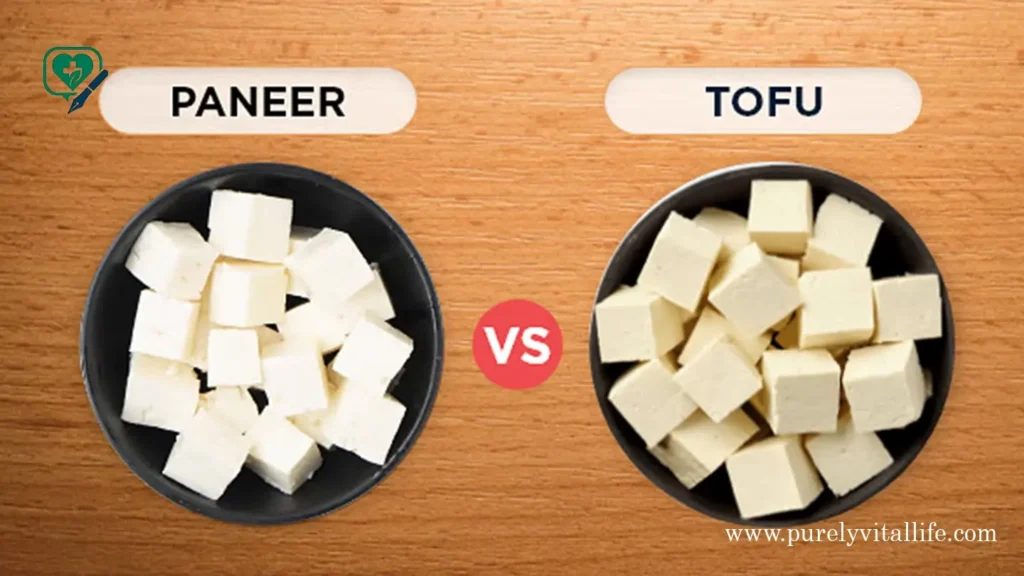
Health Benefits of Paneer:
Bellow you can find some best benifits of Paneer:
Paneer Can Support Muscle Building:
Paneer’s high protein content makes it an excellent supplement to regular workouts as protein helps repair and build muscle tissues.
Aid Weight Loss:
Paneer is an unwitting tool in weight loss; its casein protein digests slowly, keeping you full for longer and preventing unhealthy snacking habits from creeping in.
Also Read About 7-Day Diet Plan for Weight Loss That Gets You Results FAST — >>>
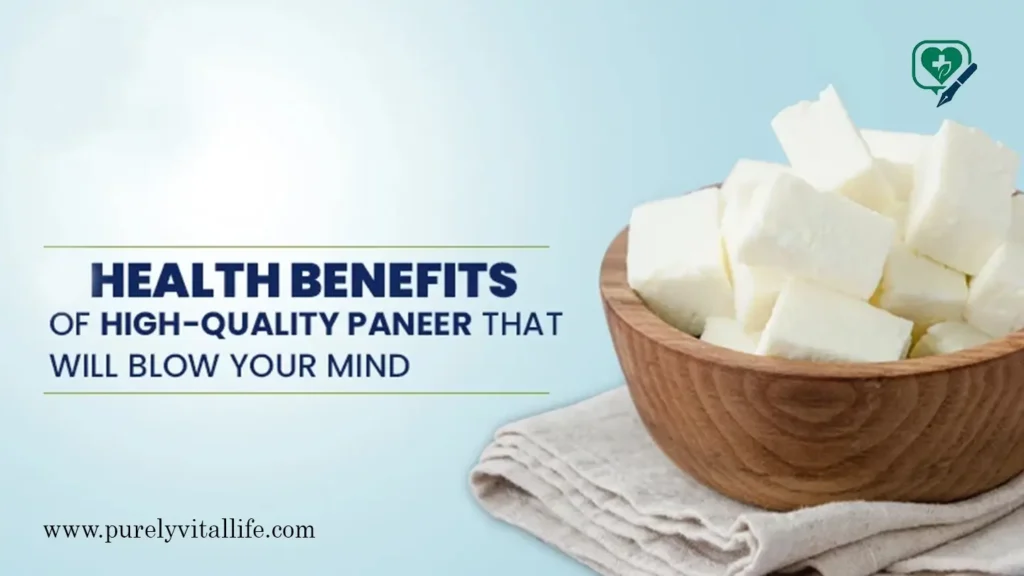
Aid in Better Digestion:
Paneer contains high concentrations of phosphorus and magnesium, two nutrients which aid digestion by supporting regular bowel movements.
Paneer and Heart Health (in Moderation):
While paneer can contain high levels of fat, when consumed in moderation it can still contribute to heart-healthy living when made from low-fat or skimmed milk.
Paneer for Diabetics and Diet-Conscious Individuals:
Paneer is an excellent option for diabetics due to its low glycemic index; it doesn’t increase blood sugar levels significantly and should therefore be considered when planning diets that include paneer.
Paneer’s high protein and fat content makes it an excellent addition to low-carb diets, helping maintain energy while aiding fat loss and muscle building.
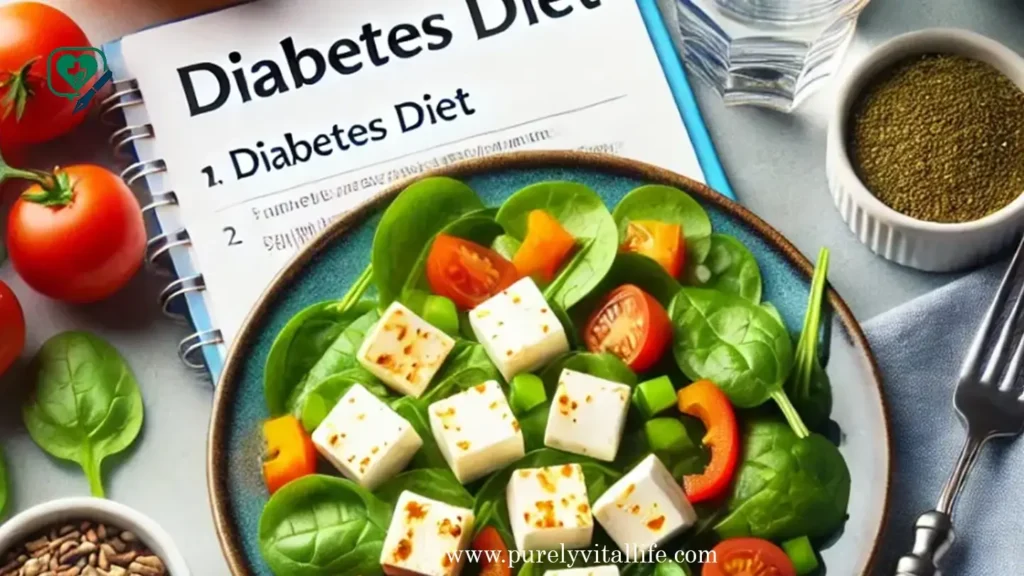
Best Ways to Include Paneer in Your Diet:
You can enjoy the benefits of paneer nutrition facts through various dishes:
- Grilled Paneer Tikka – a high-protein snack
- Paneer Bhurji – scrambled-style paneer for breakfast
- Salads with Paneer Cubes – protein-packed salads
- Paneer Stuffed Parathas – for a filling, nutritious lunch
Avoid deep-frying paneer if you’re watching your weight. Instead, opt for grilled or lightly sautéed preparations.
Homemade Versus Store-Bought Paneer:
Nutrition Differences Making paneer at home is generally healthier; you can choose your milk quality and eliminate preservatives; store-bought varieties may contain sodium-containing stabilizers which could alter its nutritional profile slightly.
Trying to reduce sodium consumption or eating healthily? Homemade paneer might just be your answer!
Precautions: Who Should Avoid Excess Paneer?
While paneer is a healthy food, excessive intake may not suit everyone:
- People with lactose intolerance may experience bloating or discomfort.
- Those with high cholesterol should opt for low-fat paneer versions.
- Individuals on a strict low-fat diet should consume in moderation due to its fat content.
Paneer Nutrition Facts for Kids and Pregnant Women:
Paneer is a great source of nutrients for growing children and expecting mothers:
- Calcium and protein support bone and muscle development.
- Vitamin B12 and iron help with cognitive and nervous system health.
- Ensure it’s fresh and hygienically prepared to avoid food-borne issues.
Read More About Daily Selfcare Habits That Make a Massive Difference Over Time — >>>
Conclusion: Why You Should Know the Paneer Nutrition Facts:
Paneer nutrition facts reveal a food high in protein, abundant with calcium, low in carbohydrates and suitable for any number of diets – making it perfect for fitness enthusiasts, vegetarians or anyone trying to eat healthier! Paneer makes for an easy addition to everyday meals – whether your goal is weight loss, vegetarianism or simply better eating overall!
At Purely Vital Life, we believe that informed eating is empowered eating. Understanding paneer nutrition facts helps you make informed and health-promoting choices to meet your long-term wellness objectives.
If this guide has been beneficial to you, be sure to visit Purely Vital Life for more nutritional tips and food facts! Stay healthy – and vital!


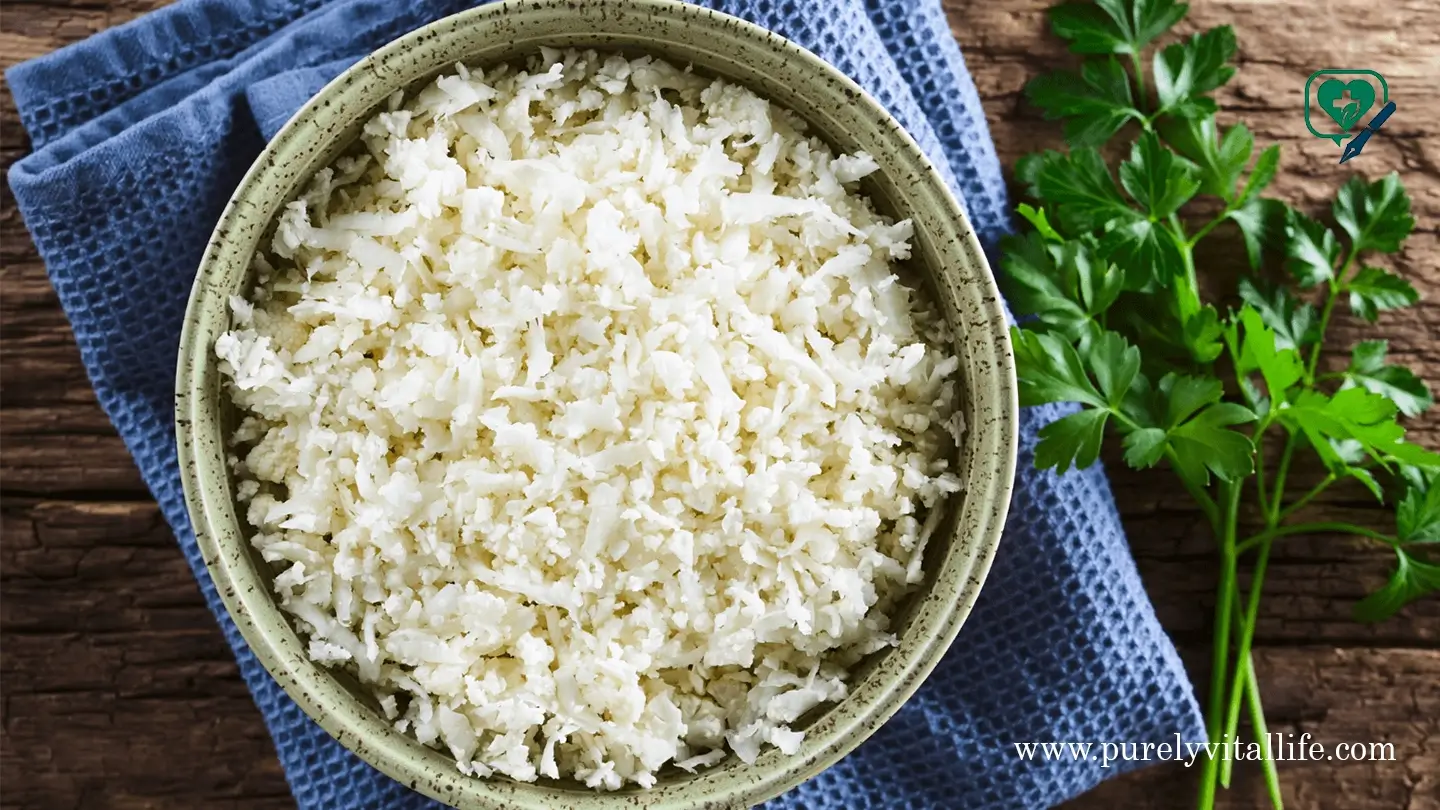
Very informative breakdown of paneer nutrition. It’s a tasty way to boost protein in daily meals.